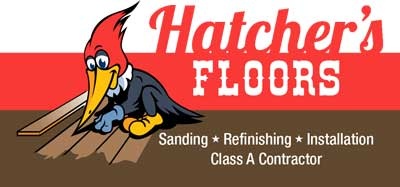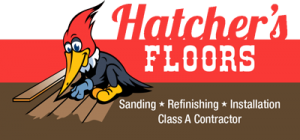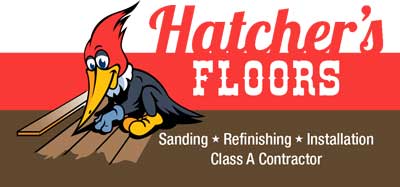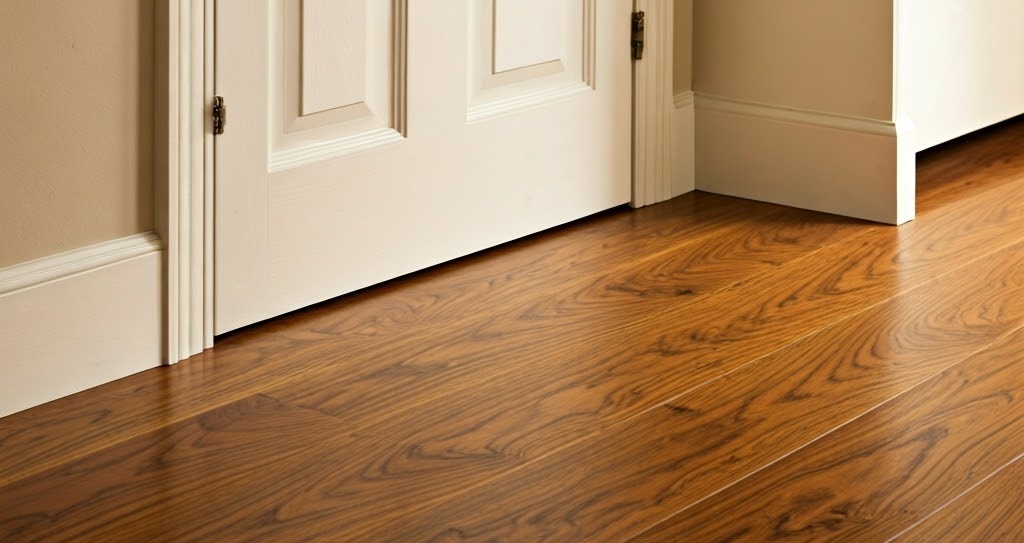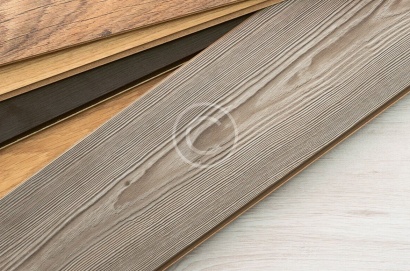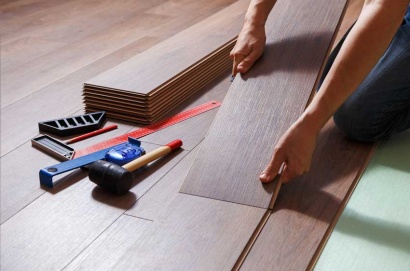When choosing the perfect flooring for your Virginia home, hardwood and engineered hardwood are two premium options that often come to mind. Both offer timeless beauty and durability but perform differently in specific environments. Here’s an in-depth look at how these two flooring types compare based on Virginia’s unique climate, maintenance needs, and impact on resale value.
Understanding the Basics
- Hardwood Flooring: Made from solid pieces of natural wood like oak, maple, or cherry, hardwood floors are a traditional choice. They can be sanded and refinished multiple times, making them long-lasting and adaptable.
- Engineered Hardwood Flooring: Composed of a top layer of real wood veneer over a multi-layer plywood base, engineered hardwood is designed for enhanced stability and resistance to environmental changes.
Virginia’s Climate and Its Impact on Flooring
Virginia experiences humid summers, chilly winters, and seasonal temperature fluctuations. This climate can significantly affect flooring choices:
- Hardwood: Solid hardwood is prone to expanding and contracting with humidity and temperature changes. This can lead to warping or gaps between planks in homes without controlled indoor humidity.
- Engineered Hardwood: Thanks to its plywood core, engineered hardwood is less susceptible to moisture and temperature changes. It’s an excellent option for areas like basements or coastal regions in Virginia where higher humidity levels are common.
Winner: Engineered Hardwood—ideal for Virginia’s variable climate.
Maintenance Considerations
Keeping your floors in top condition involves regular maintenance. Here’s how each type holds up:
- Hardwood: While durable, solid hardwood requires diligent care. Frequent cleaning, polishing, and occasional refinishing are necessary to maintain its appearance. Water spills need immediate attention to avoid damage.
- Engineered Hardwood: With a similar surface finish, engineered hardwood requires regular cleaning but is more forgiving with minor spills. However, its thinner veneer layer can only be refinished once or twice.
Winner: Tie—Choose hardwood if you’re ready for long-term maintenance; opt for engineered hardwood for a low-maintenance lifestyle.
Resale Value
Flooring is a significant factor when determining home resale value:
- Hardwood: Solid hardwood floors are universally admired by homebuyers and are often seen as a luxury feature. They can increase a home’s resale value significantly, especially in upscale neighborhoods in Virginia.
- Engineered Hardwood: While still appealing, engineered hardwood may not hold the same prestige as solid hardwood. However, it’s an excellent choice for modern homes or areas prone to moisture.
Winner: Hardwood—a long-term investment that pays off in resale value.
Which Is Best for Virginia Homes?
- Choose Hardwood: If you live in a stable indoor environment with controlled humidity, plan to stay in your home long enough to justify the investment. It’s ideal for homes in drier parts of Virginia or areas where resale value is a key consideration.
- Choose Engineered Hardwood: If your home is in a humid or coastal region or needs a durable, stylish option for areas like basements. It’s also a more budget-friendly option with comparable aesthetic appeal.
Final Thoughts
Both hardwood and engineered hardwood offer unique advantages, but your final choice should depend on your home’s location, lifestyle, and long-term goals. By understanding how these flooring types respond to Virginia’s climate and maintenance needs, you can make an informed decision that enhances your home’s beauty and value.
Contact our local flooring experts for more guidance or to explore flooring samples. We’re here to help you find the perfect fit for your Virginia home!
